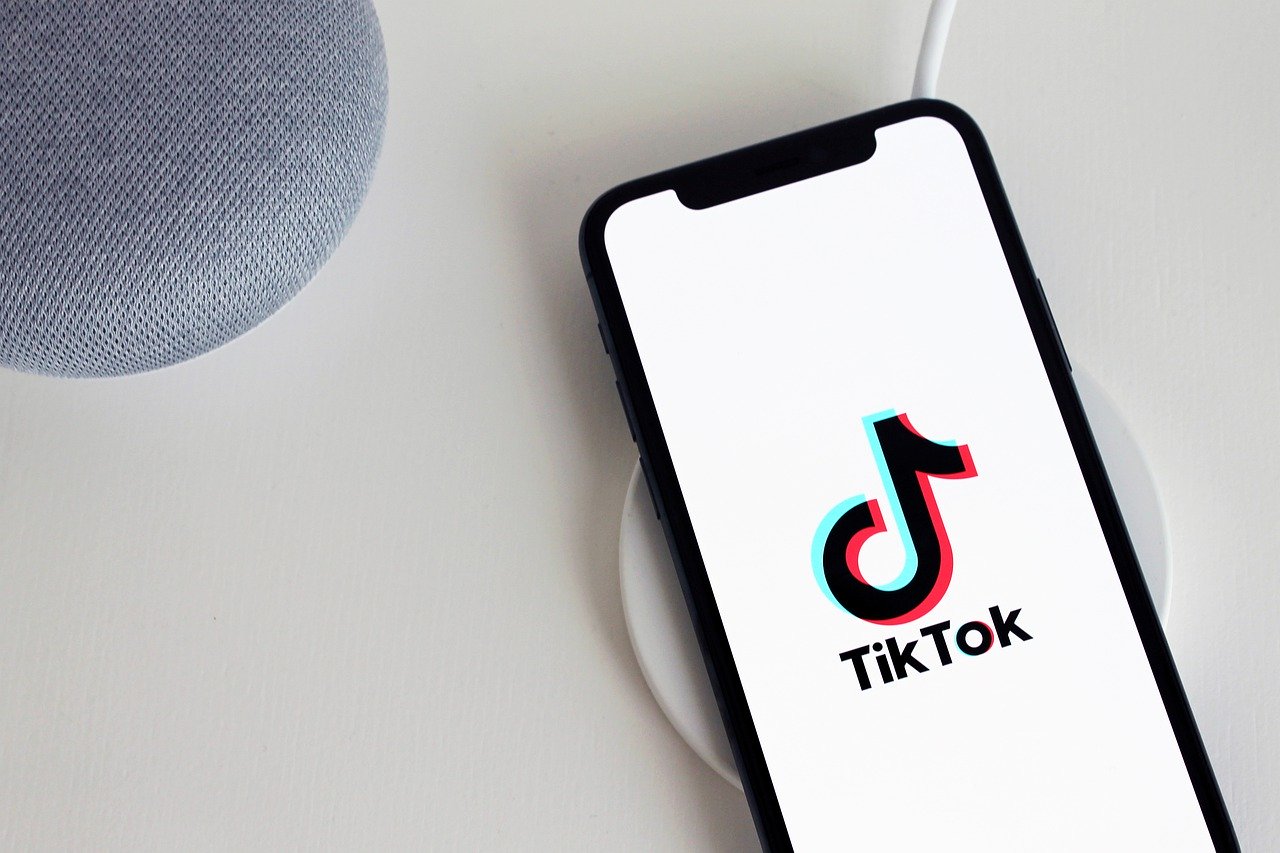Trump Delays TikTok Ban: U.S. Users Back Online Amid Political Drama
In a dramatic turn of events, TikTok has resumed operations in the United States after President-elect Donald Trump intervened to delay the enforcement of the ban that had taken effect on January 19. The Chinese-owned social media platform, which boasts over 170 million American users, was pulled from app stores and temporarily disabled following a bill signed into law by President Joe Biden. However, within hours of its suspension, Trump promised to issue an executive order allowing TikTok to continue operating for a further 90 days, pending negotiations for a long-term solution.
This latest development highlights the ongoing political and regulatory tug-of-war surrounding TikTok, which has become a flashpoint in the U.S.-China tech rivalry and a significant issue in domestic policy debates.
TikTok Ban: A Long-Running Battle
The U.S. government’s scrutiny of TikTok dates back to 2020 when the Trump administration first raised concerns over national security risks linked to the app's Chinese parent company, ByteDance. At the time, Trump sought to ban TikTok outright or force a sale of its U.S. operations to an American company, citing fears that user data could be accessed by the Chinese government.
Despite legal challenges and negotiations with potential buyers such as Oracle and Walmart, TikTok managed to avoid a full shutdown. However, under Biden's administration, pressure on the platform intensified, leading to the passage of legislation in April 2024 that mandated ByteDance to divest TikTok’s U.S. operations or face an outright ban by January 19, 2025.
As the deadline approached, ByteDance failed to secure a buyer, resulting in the app’s abrupt removal from major platforms and restrictions on U.S. access. The ban was widely viewed as a landmark moment in the ongoing geopolitical tensions between the U.S. and China, with lawmakers citing concerns over data privacy and foreign influence.
Trump's Surprise Move to Save TikTok
On the morning of January 20, Trump unexpectedly stepped in to delay the ban, announcing his plan to issue an executive order granting TikTok a 90-day reprieve. The move came just a day before his inauguration, signaling a significant shift from his previous stance on the app.
Speaking about his decision, Trump said:
"I have a warm spot in my heart for TikTok because I won youth by 34 points. And there are those that say TikTok had something to do with that."
Within hours of his announcement, TikTok was back online, with users greeted by a message stating:
"Welcome back! Thanks for your patience and support. As a result of President Trump’s efforts, TikTok is back in the U.S.!"
Despite the temporary relief for users and businesses, questions remain about the platform’s long-term future and whether a permanent resolution can be reached within the new 90-day window.
Political and Economic Implications
Trump's intervention has triggered a wave of speculation about the motivations behind his decision. Some political commentators, including The Independent, have suggested that the move is an effort to boost his popularity among younger voters, given the app’s influential role in shaping public discourse and digital culture.
At the same time, TikTok’s return has significant economic implications. The platform has become a cornerstone for small businesses, influencers, and advertisers who rely on its powerful algorithm for customer engagement and revenue generation. The brief suspension left many brands scrambling to adapt, underscoring TikTok's integral role in the digital economy.
On the regulatory front, Trump's move has been met with resistance from lawmakers who argue that the platform continues to pose a national security threat. Some have accused the incoming administration of undermining legislative authority, as the ban had already been upheld by the U.S. Supreme Court.
China's Response and ByteDance's Next Steps
China’s foreign ministry responded cautiously to Trump's intervention, stating that companies should "decide independently" about their operations and partnerships. ByteDance, meanwhile, has expressed its commitment to finding a sustainable solution that allows TikTok to continue serving its vast U.S. user base.
Industry analysts believe that ByteDance faces limited options in the current political climate. A potential joint venture involving U.S. stakeholders remains on the table, but Beijing has previously resisted any deal that would require the transfer of TikTok's proprietary algorithms or data.
Related: Could Tik Tok be banned in the US?
What Happens Next?
With a new 90-day deadline in place, TikTok's future in the U.S. remains uncertain. The platform continues to operate under intense scrutiny, and it is unclear whether Trump's executive order will lead to a lasting resolution or simply delay the inevitable.
In the meantime, TikTok users and businesses are taking a cautious approach, enjoying the platform's return while preparing for potential disruptions in the months ahead. App store availability remains inconsistent, with reports suggesting that TikTok is still inaccessible for new downloads on certain platforms.
Moreover, lawmakers on both sides of the aisle are expected to push for more stringent regulatory measures, ensuring that the national security debate surrounding TikTok remains a key issue in Washington.
The ongoing TikTok saga serves as a powerful example of the complex intersection between technology, politics, and international relations. As the U.S. navigates the challenges of regulating foreign-owned platforms, the broader implications for global digital markets continue to unfold.
For now, Trump's intervention has provided a temporary lifeline for TikTok and its millions of American users. However, the question remains: Is this a short-term fix, or merely the calm before another political storm?
With the 90-day countdown already underway, all eyes will be on Washington and ByteDance as they attempt to find a resolution that satisfies both U.S. security concerns and the platform's loyal user base.














